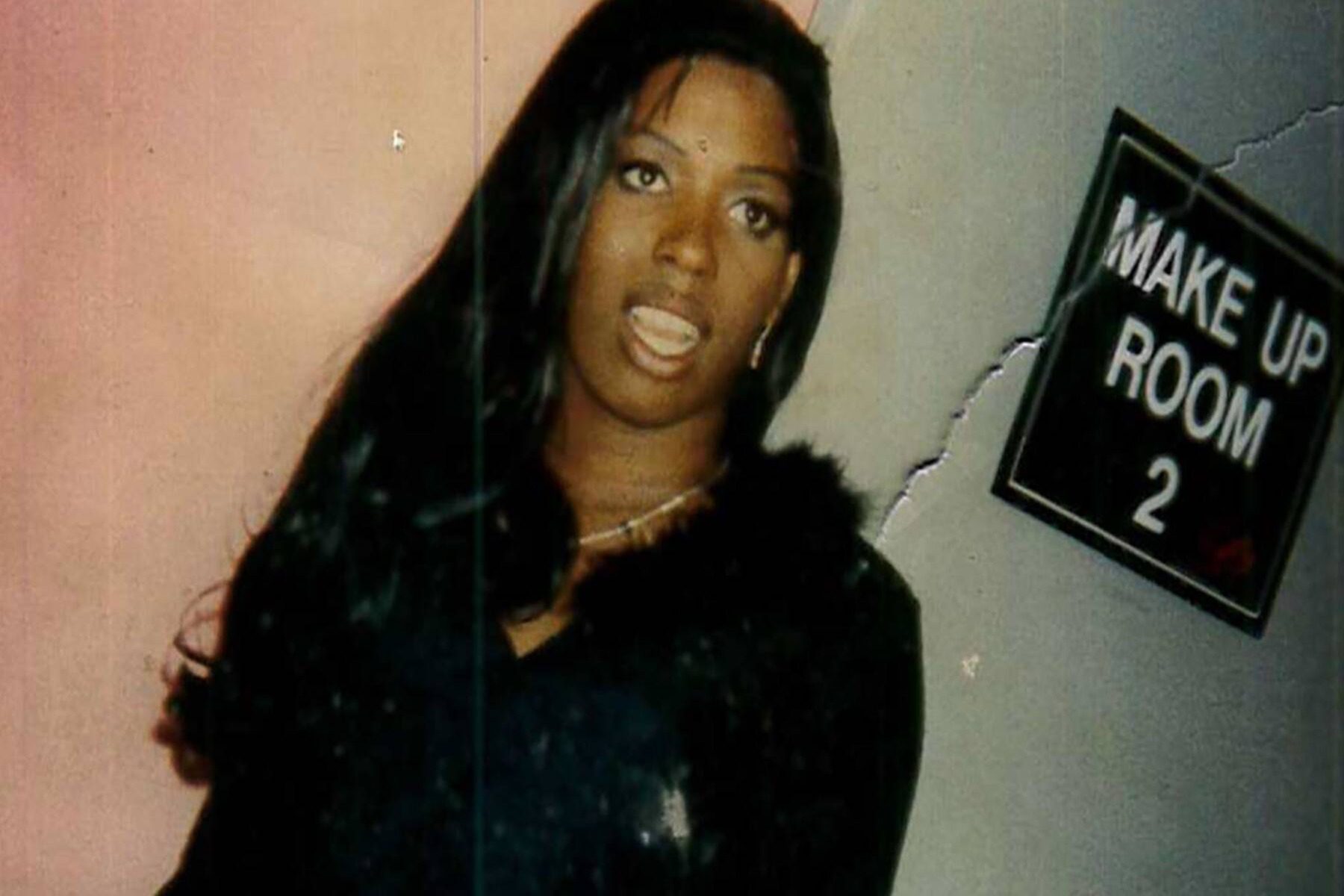Editor’s note: On January 19, Diamond’s legal team released a statement announcing that she would not move forward with her second trial. “Ashley Diamond has decided that a lengthy trial and the trauma of recounting her horrific abuse and neglect by the Georgia Department of Corrections would be detrimental to her recovery,” the statement read. “She is deeply grateful for the public support she has received over the years and looks forward to returning to her activism after she has spent time focusing on healing.”
We’re telling the untold stories of women, women of color and LGBTQ+ people. Subscribe to our daily newsletter.
Ashley Diamond, a Black transgender woman, is challenging the Georgia Department of Corrections a second time over anti-transgender policies she faced while incarcerated. Jury selection for the trial begins Tuesday.
Diamond first sued the Georgia Department of Corrections in 2015. For three years, she was held in men’s prisons, where she reported being sexually assaulted multiple times and being denied hormone treatments. She won an undisclosed settlement in 2016, and her case prompted policy changes in Georgia meant to facilitate better treatment of incarcerated transgender people.
But in 2022, she launched another lawsuit against the department, asserting that the Georgia Department of Corrections once again violated her 8th and 14th Amendment rights when they failed to provide her adequate health care or protect her from sexual assault after a second incarceration.
For advocates who spoke with The 19th, the case highlights a confluence of struggles endured by many transgender people, particularly Black transgender women.
Challenges securing steady employment, contact with the criminal legal system and abuses while incarcerated can result in a cycle of economic hardship, criminalization and mental health struggles that is difficult to break away from.
Research indicates that transgender adults experience disproportionate economic hardship. Transgender adults and children also experience higher risk for interaction with the police and the criminal legal system.
Diamond faced a series of “demoralizing” job rejections that left her struggling financially, according to a 2021 essay she wrote for Them. In 2012 she was arrested and charged with burglary for attempting to pawn an electric saw her boyfriend had stolen. Diamond said she faced repeated abuse until she was released on parole in 2015.
“Never once did I ask to be released early, or not to have to serve my time. I asked to serve my time safely and to be respected as a human being,” she said in a 2016 video.
Diamond’s first lawsuit drew attention from the U.S. Department of Justice and prompted a state policy change meant to allow incarcerated transgender people to receive hormone therapy.
“In cases like Ms. Diamond’s, gender dysphoria constitutes a serious medical need requiring appropriate treatment,” the Justice Department wrote in a statement of interest at the time. For that reason, the department said, blanket policies barring hormone therapy violate the 8th Amendment “because they do not provide for individualized assessment and treatment.”
Diamond wrote in Them that she was harassed after her release on parole in 2015. Her home in Rome, Georgia, was also vandalized. She was reincarcerated in 2019 when she traveled out of state for mental health treatment — a technical parole violation.
A technical parole violation happens when a person fails to meet a condition of their release, but does not commit a new crime. This can include missing a curfew or meeting with a parole officer or a lack of employment. Such violations account for 25 percent of all state prison admissions, according to research from the Council of State Governments.
“That’s a situation that many people live in,” said Richard Saenz, a senior attorney and the criminal justice and police misconduct strategist at Lambda Legal, which advocates for LGBTQ people and those living with HIV. “Even after they’re released from prison they continue to live under these restrictions that are much different than any other person who’s not out on parole. And if you are alleged to have broken any of these requirements then you are back in the system again.”
Because of the sensitive nature of the ongoing litigation, Diamond’s legal team declined The 19th’s request for comment. The Georgia Department of Corrections did not respond to a request for comment on the case or details about their policy for housing and providing medical care for transgender people.
Diamond wrote during her reincarceration that she was again held in a men’s prison, denied access to requested medical care, sexually assaulted 16 times over a year-and-a-half period and was called names like “freak” regularly.
For the second lawsuit, Diamond teamed up with the Center for Constitutional Rights and is seeking damages. The trial is expected to begin in Macon on January 19.
Diamond’s second trial comes at a time when states around the country have introduced legislation barring certain behaviors and access to services for transgender and queer people, including banning doctors from providing different forms of gender-affirming care, outlawing public drag performances and restricting transgender students’ ability to participate in sports.
“The general social environment for trans persons is getting worse,” said Nell Gaither, president of the Texas-based advocacy group Trans Pride Initiative. “I think the right-wing promotion of things like the Don’t Say Gay bill in Florida and criminalizing health care for kids both in Texas and in Florida, they kind of fuel and substantiate anti-trans attitudes. I think that percolates into the jail and prison system.”
The federal government has some legal protections meant to prevent transgender people from being detained in facilities that could be a threat to their safety. The 2003 federal Prison Rape Elimination Act requires that transgender, nonbinary and intersex people be assessed on an individual, case-by-case basis to determine the appropriate housing for them.
The ambiguity of law’s language gives states broad discretion to make housing assignments for transgender people. A few states are moving to implement their own protections. California, for example, has a state law that went into effect January 2021 that requires “a correctional facility designated for men or women based on the individual’s preference.”
Sexual violence against transgender people in prisons and jails persists throughout the country. A 2015 report by the Department of Justice found that 35 percent of transgender people who had spent time in prison in the previous year reported being sexually assaulted behind bars.
For Gaither, the continued challenges for Black transgender women like Diamond and other incarcerated transgender people, despite having some federal or state protections in the law, highlights a breakdown in enforcement.
“People think that the issues are won with policy changes, but policy often doesn’t do very much,” Gaither said. “You may have a policy, but until you actualize that, until you make sure that you’re accountable to that policy, it doesn’t mean anything.”







